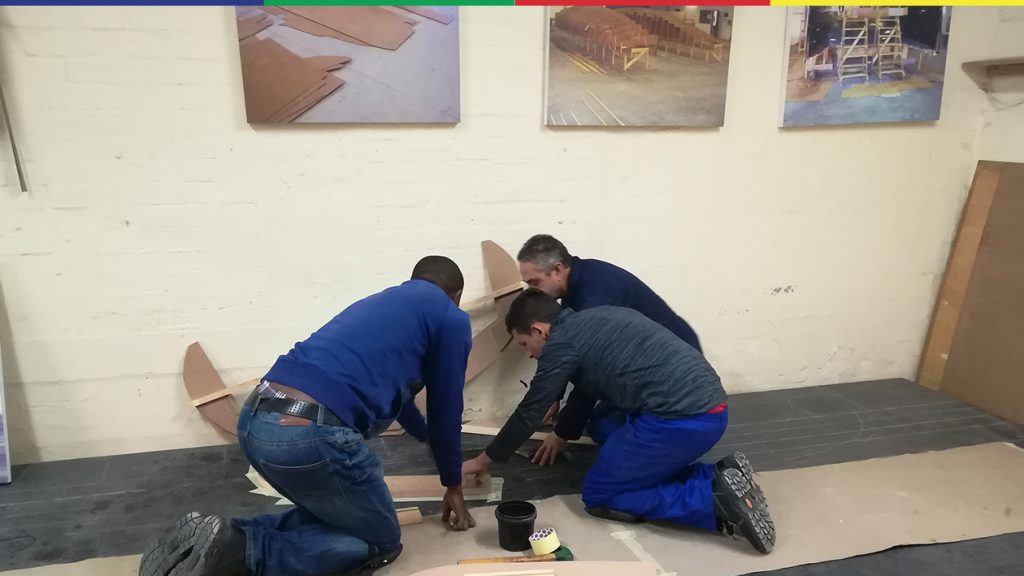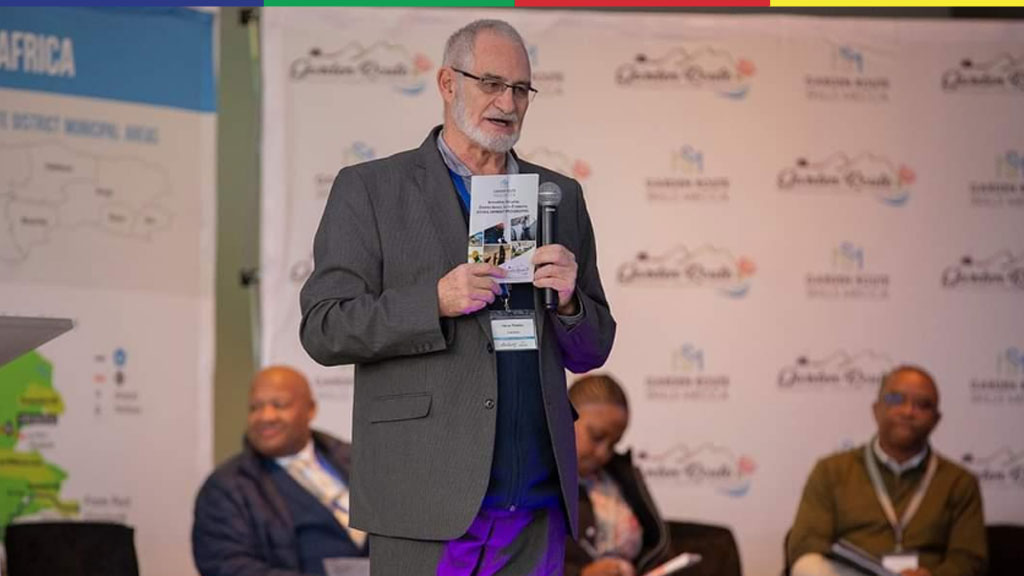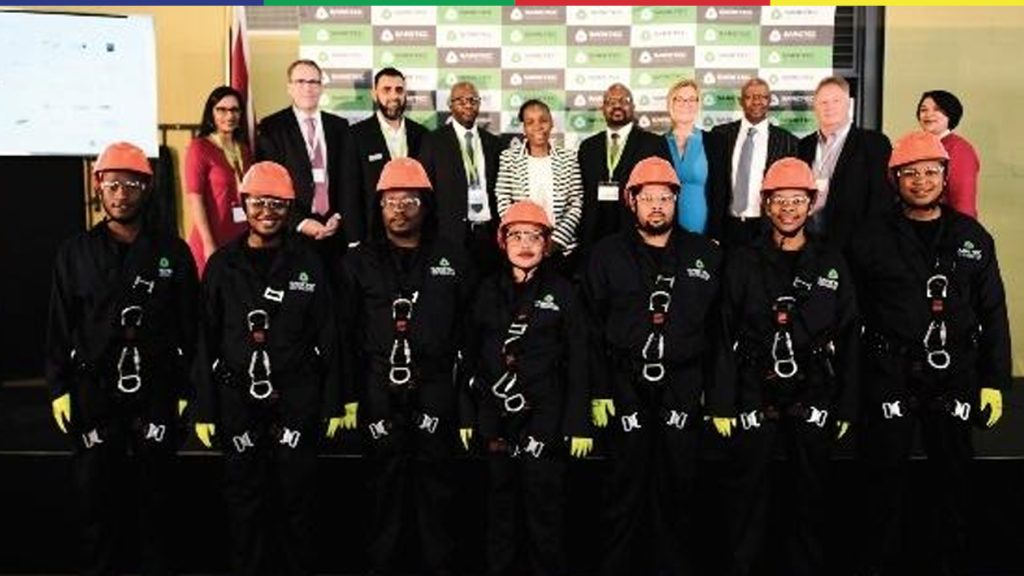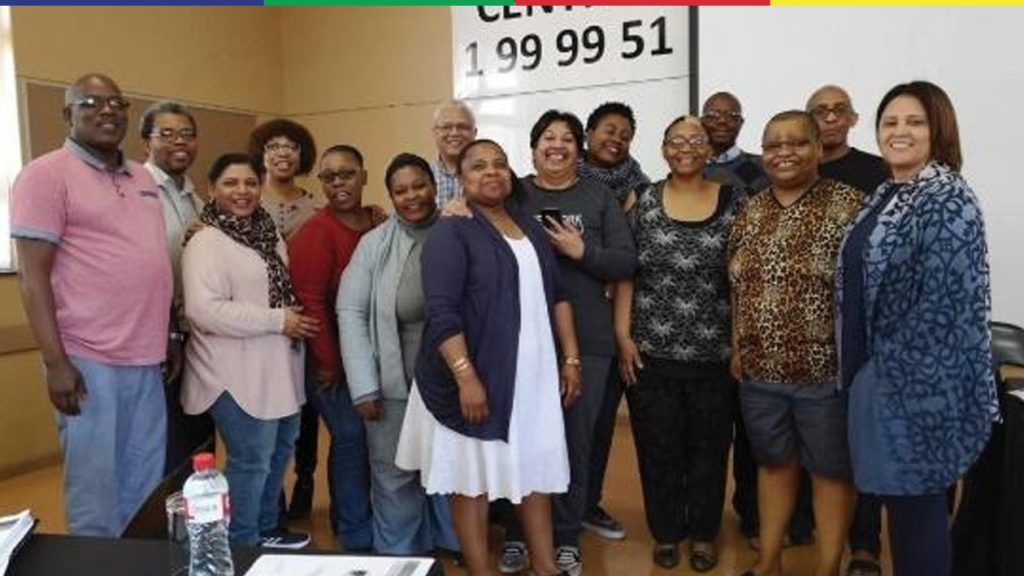The flagship South African boatbuilding and composites training programme, which started training in 2017, is training 20 boatbuilding apprentices and 350 learners in composite short courses over a three-year period. The training project was initiated by the Marine Industry Association of South Africa and the Department of Trade and Industry (now referred to as The Department of Trade, Industry and Competition) three years ago.
The training programme has been a collaborative effort: The funding was provided by the NSF, the project management and monitoring and evaluation is being run by the South African International Maritime Institute (SAIMI). The training is being offered by the Boat Building Academy at False Bay TVET College and the Composites Training Academy and the work placement component is being offered by members of the South African Boat Builders Export Council/Boating South Africa (SABBEX/BSA).
“This collaboration of industry, training providers and government builds credibility and trust between all the stakeholders and ensures a firm foundation for future skills interventions in the boatbuilding sector in South Africa”, said SABBEX executive manager, Vanessa Davidson. “It has only been through the combined efforts of all stakeholders that this project has come to fruition”.
“It is the first time that such a large fund has been made available for training in the boatbuilding sector in South Africa and it will ensure a throughput of qualified boatbuilders into the industry for the next three years plus”.
Laminators and composite workers who have traditionally trained on the job are given an opportunity through the programme to gain a recognised national certificate and people who are currently unemployed will be given the necessary theoretical and practical skills to find work.
In a country where unemployment is high, this training intervention promises to bolster employment and ensure that South Africa remains skilled and globally competitive.
A total of R15 million was approved by the NSF to facilitate the delivery of 20 boatbuilding learnerships and 350 composite skills short courses, which will target unemployed and employed learners from Cape Town, Durban and Port Elizabeth (Gqeberha).
The objective is a focussed practical intervention that is supported by industry skills requirements and targets boatbuilding and composites skills. The long-term contribution will be to upskill existing and new entrants to the industry to the requisite technical specialisation and competence, as required by industry.
Davidson explained that targeting unemployed youth with guaranteed work-integrated learning (WIL) placement and strong chances of long-term employment helps to address unemployment in the country. At the same time, the target of learners from disadvantaged households ensures upliftment and future transformation of the sector. A more highly skilled workforce increases the global competitiveness of boatbuilders in South Africa. By providing formal training provision for both employed and new entrants to the industry, career progression opportunities mitigate the “glass ceiling” of semi-skilled workers in the industry.
The 20 unemployed young people from disadvantaged households who meet the entry requirements are fully funded for the three-year boatbuilding learnership or apprenticeship. This includes hostel accommodation for learners who are from outside Cape Town, work stipends and travel costs for all learners while they undertake the 15-month work placement in a boatbuilding yard.
The group completed Level 2 in 2017, Level 3 in 2018 and are currently undergoing training for Level 4.
Established in 2006, the Westlake Campus Boat Building Academy prepares people who would like to pursue a career in boatbuilding. The academy offers a National Certificate (Yacht and Boatbuilding) via a three-year apprenticeship or learnership, which is accredited by the South African Qualifications Authority (SAQA). The course is split into 50% theoretical and workshop practical training and 50% work placement at a boatbuilding yard, over a three-year period.
The college is committed to offer quality education and training that increases the employability of both the employed and unemployed. It has a dedicated placement unit and strives to secure job placement opportunities for successful unemployed youth. As such, host employers where learners have been placed for a period of six months during each level include Nautic Africa, Vee-Craft Marine, Two Oceans, Southern Wind Ship Yard, Robertson and Caine and Voyage.
Jonrique Louw was doing odd jobs to earn money before signing up for the boatbuilding course. His notable highlights have been learning new skills and getting an opportunity to work with tools and to do practical tasks. He sees himself as a qualified yacht and boatbuilder working for a big company.
Ozayr Davids was not working after completing his matric. “The boatbuilding programme has everything I have been wanting to do and more”, he said. In a few years, he sees himself working overseas building huge yachts. His highlights have been working at the docks and learning more about the yacht and boatbuilding trade.
Siphelele Notsulwana matriculated in 2014 and was working as a casual at a local supermarket. “I was exposed to this field at a young age. My father was working in this industry and I always liked what he is doing. Through the programme, I am being exposed to different departments such as joinery, carpentry and lamination”.
The NSF funding has given each learner an opportunity to pursue his or her dream in obtaining a formal qualification and becoming skilled in the yacht and boatbuilding industry. An additional 350 employed and unemployed people will have a fully funded opportunity to undertake accredited short courses in Polymer Composites, including work placement in a boatbuilding yard. All stipends, travel costs and course materials will be included.




